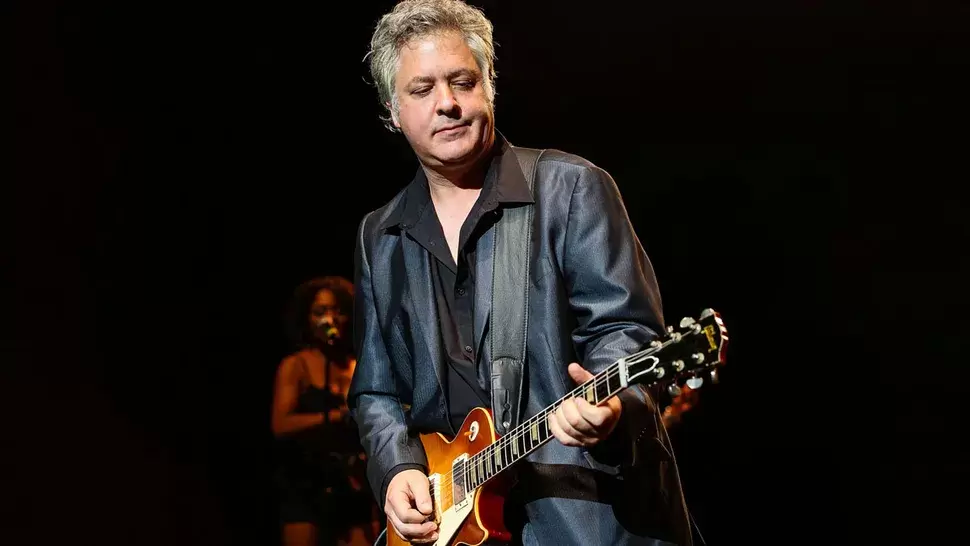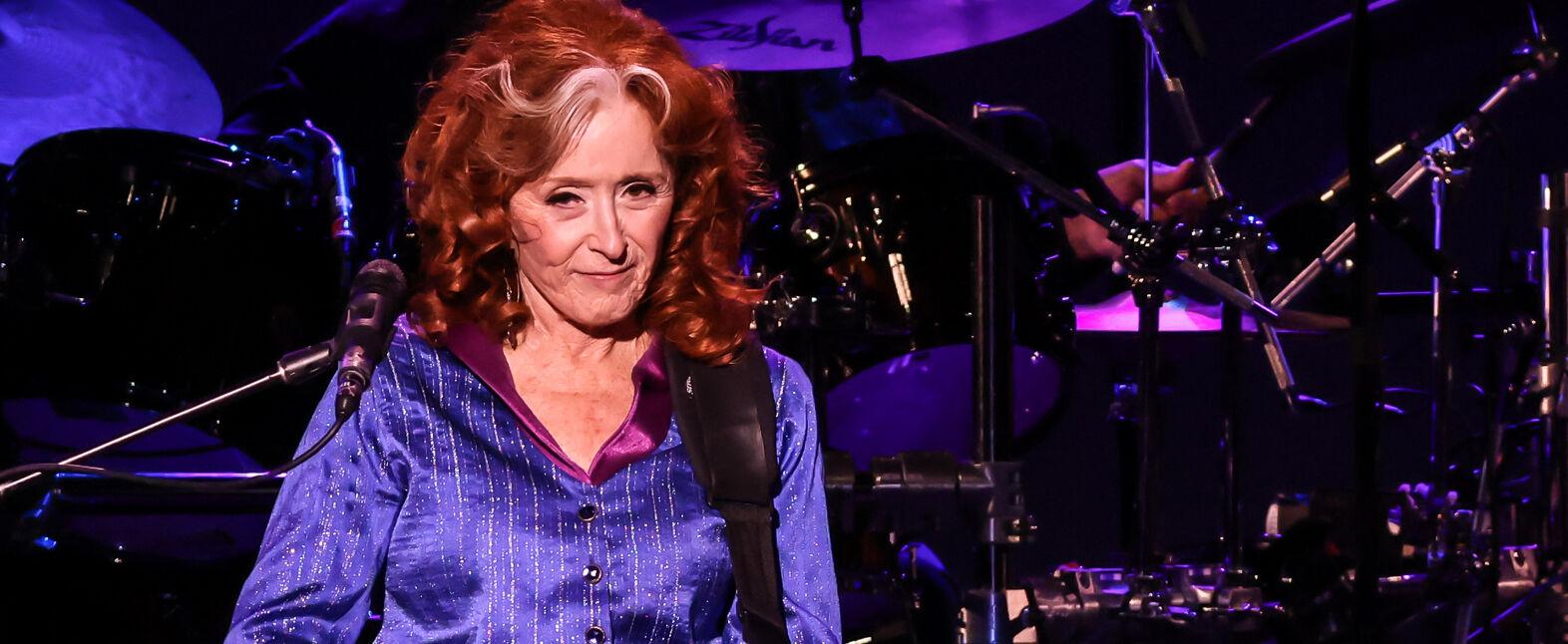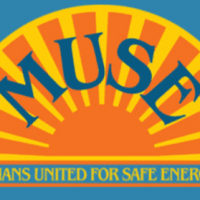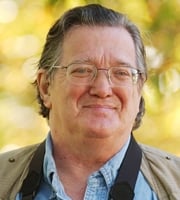Go Magazine
INTERVIEW BY REBECCA L WEBER
Perhaps my biggest-name interview is Bonnie Raitt. (Though amongst us English major types, Nobel Laureate Wole Soyinka is right up there.) Hers was a hard interview to secure, but once we began, she turned out to be one of the easiest and most gracious (can I just say “best”?) interviewees I’ve ever spoken with.
I was on one of AirTran’s planes the month that my piece came out for Go, AirTran’s (now defunct) inflight magazine. It was a short flight, but I walked up and down the aisle a few times to get a look from one direction of everybody holding up my cover story, and from the other to get a peek at who was reading my story. In the movie version of my writer’s life, this would definitely be one of my glory scene (with, of course, Raitt singing the soundtrack).
Here’s that piece, from a few years back:
At 57, folk-rock singer Bonnie Raitt is hotter, and feistier, than ever. Catch up with the nine-times Grammy-award winner as she tours Atlanta, Philadelphia, NYC and Washington, DC.
On a cool, damp Sunday evening, throngs of music lovers pack the Orpheum Theatre in downtown Boston to catch Bonnie Raitt on the first leg of her year-long tour. The nine-times Grammy Award-winner is playing her unique blend of folk-blues rock to a full house, with more than its fair share of silver- and red-headed fans.
At 57, with her own mane of red hair, Raitt swaggers around the stage jamming on her slide guitar. She’s wearing a purple velvet bodice under a sheer blouse and slim-fitting black pants, and has more energy and sex appeal than most people half her age. She projects rock star charisma with a down-to-earth attitude while singing beloved favorites like “Something to Talk About” and “I Can’t Make You Love Me” as well as tunes from her latest, 18th, album, Souls Alike.
The Massachusetts gig is something of a homecoming for Raitt, who started her professional career across the Charles River in Cambridge in the late ’60s. Her father, John Raitt, starred in Broadway musicals like Oklahoma! and Carousel, but Bonnie appeared to have chosen a different path when she decided to major in African studies at Radcliffe. But then she started making $50 a show here and there playing slide guitar and singing the blues in local clubs. During her sophomore year, she took a leave of absence, and never went back to earn her Harvard degree. By 1971, she’d signed with Warner Brothers.
Raitt spent most of the ’70s and ’80s cutting albums, playing tours, and speaking out on a wide range of causes, from no nukes to anti-apartheid. All along, she built a core group of devoted fans but never achieved the kind of hit single that Warner hoped for. She hit a low in the 1980s when she lost her label, gained weight and battled alcoholism. But she reclaimed her health and signed a new record deal with Capitol Records. And in 1990, Raitt was catapulted to a different level of recognition with her first four Grammy awards, including Album of the Year, for Nick of Time. The breakthrough title song dealt with aging—an unusual and poignant topic for a radio hit. The next year, she was welcomed into the Rock ’n’ Roll Hall of Fame.
Raitt has always taken advantage of her platform to help out a good cause. On her current tour, the buses and trucks run on biodiesel, an eco-friendly fuel made from soybeans, a fact she likes to mention between songs. This summer, Raitt was honored by NARM (National Association of Recording Merchandisers), which presented her with its Harry Chapin Memorial Humanitarian Award. “Quite frankly, taking into account what she has been doing for the past three decades, she should have received the award long ago,” says Jim Donio, President of NARM. “She gave very heartfelt remarks about the example her parents set for her, what it means to contribute and give back—and it resonated. She’s led her life to inspire people.”
In the past year, both of Raitt’s parents died, and one of her two brothers battled cancer (successfully). Not surprisingly, Souls Alike displays real vocal and musical depth, especially in the heavier blues tunes.
See a Bonnie Raitt concert and you’ll notice her characteristic generosity toward others in her performance. Throughout her concerts, Raitt acknowledges individual musicians and songwriters—even the guy adjusting her mike—by naming them and pointing fingers to make sure the audience notices each time somebody is in a groove. This spirit of collaborative appreciation has been part of Raitt’s approach from her early days, and the vibe extends out to her concert audiences, with cries of, “Bonnie, you’re my idol!”
Singer/songwriter Maia Sharp, who has opened for Raitt on some of her current tour dates and co-wrote three songs on Souls Alike, says, “I have been a Bonnie Raitt fan for years and years, so it makes sense that there’s something in my music that she connects to as well. You should see my iPod; it’s a BonniePod.” Sharp reveals that one-on-one, Raitt is no different than how she appears to fans. “Somebody you can hang out with, somebody you can really call a friend.”
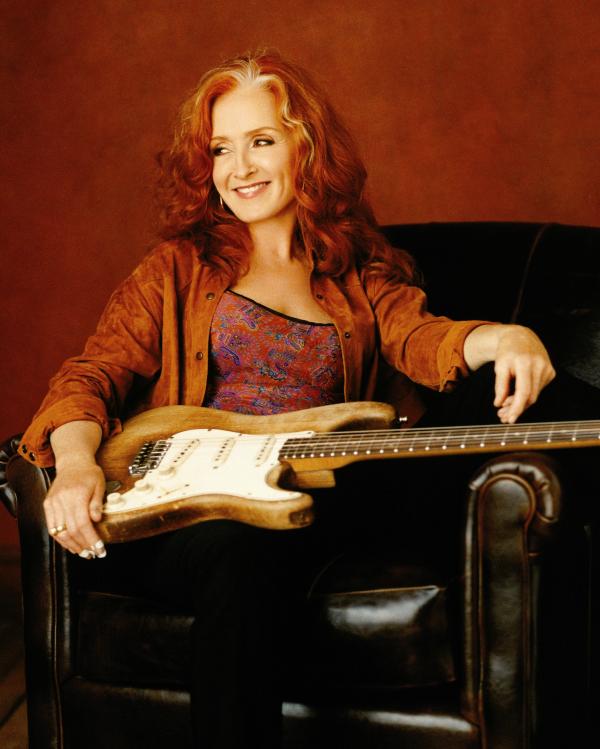







 Visitors Today : 23
Visitors Today : 23 Who's Online : 0
Who's Online : 0












